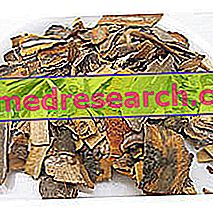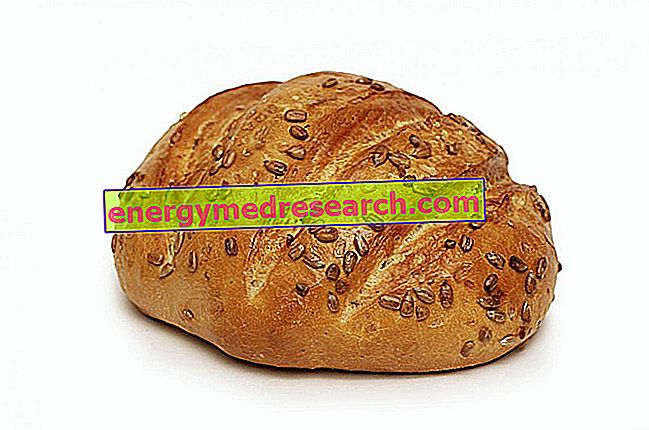
Scientific name
Rhamnus purshianusFamily
RhamnaceaeOrigin
North AmericaSynonyms
Cascara sagrada
Used Parts
Drug consisting of the bark of the plant.Chemical constituents
- Hydroxyantracene derivatives and their glucosides (anthraquinones), mainly cascaroside A, aloins A and B, haloemodine.
Cascara in Herbalist: Property of Cascara
The cascara is used alone, or in association, for the known laxative properties, which however should be used only occasionally to resolve acute cases of constipation, for the preparation for surgical interventions or diagnostic tests (colonoscopy).
The drug works by increasing intestinal contractions (irritant laxative). The cascara is indicated in all those diseases in which it is necessary to evacuate easily with soft stools, as in the case of hemorrhoids, anal fissures and after anorectal surgical operations.
Side effects
Among the side effects that may occur a few hours after using cascara are abdominal pain and diarrhea. The fresh vegetable drug, like other anthraquinone drugs, causes vomiting.
Contraindications
The cascara must not be taken in case of gastritis, colitis, diverticulitis, appendicitis, abdominal pain, glomerulonephritis, intestinal obstruction or more generally in case of hypersensitivity ascertained towards one or more components. Cascara is also contraindicated during pregnancy and lactation.
Pharmacological Interactions
- cardiotonics (Digitalis, Adonide, Mughetto, Scilla, Strofanto): increased toxicity and reduced absorption of oral drugs;
- licorice: the abuse of licorice can increase hypopotassemia;
- diuretics: increased hypokalemia;
- antiarrhythmics (quinidine, hydroquinidine, ajmalina): increased toxicity with risk of torsade de pointes (from hypokalemia);
- analgesics: cascarosides can aggravate analgesic nephropathy;
- halofantrine: increased risk of ventricular arrhythmia, particularly peak torsions;
- beta blockers: tip torsion;
- corticosteroids: increased risk of hypokalemia;
- macrolides and vincamine: increased risk of ventricular arrhythmias;



